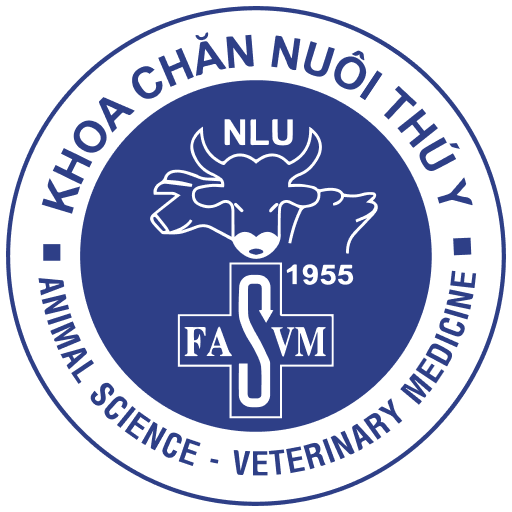Antimicrobial usage (AMU) in livestock has been attributed to the development of antimicrobial resistance (AMR), a growing public health threat. Colistin usage in livestock has become a great concern lately due to its reintroduction in human medicine to treat infections with multi-drug resistant Gram-negative bacteria. AMU in livestock in Vietnam was around six times higher than that found in European countries. Colistin was also reported as being the 2nd most commonly used antimicrobial on farms. The presence of colistin encoding gene, mcr-1, was detected in samples collected from 60% of farms and 25% of farmers. Colistin-resistant bacteria were detectable for several weeks in travellers returning home after visiting South East Asian countries. We aim to investigate the impact of AMU in different farming systems on the carriage of AMR bacteria. Chicken farms and human subjects associated with the different farming systems were recruited and samples were collected at different sample points. From each sample, E.coli strains were collected and stored. A subset of over 200 strains that were part of the stored E coli set will be selected and subjected to whole genome sequencing for data analysis.


